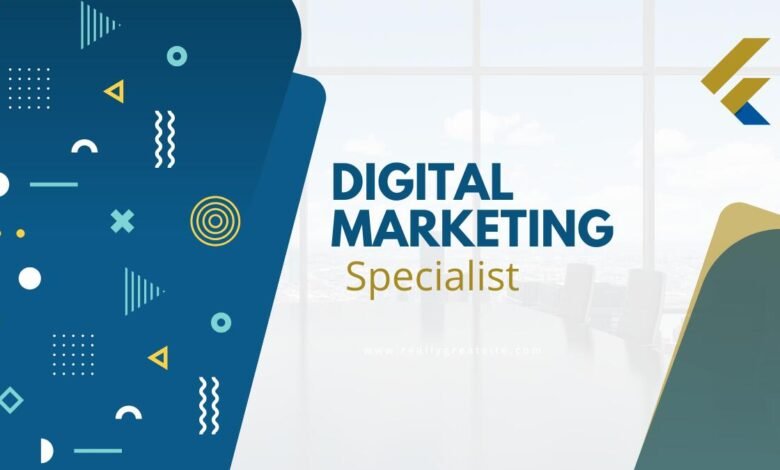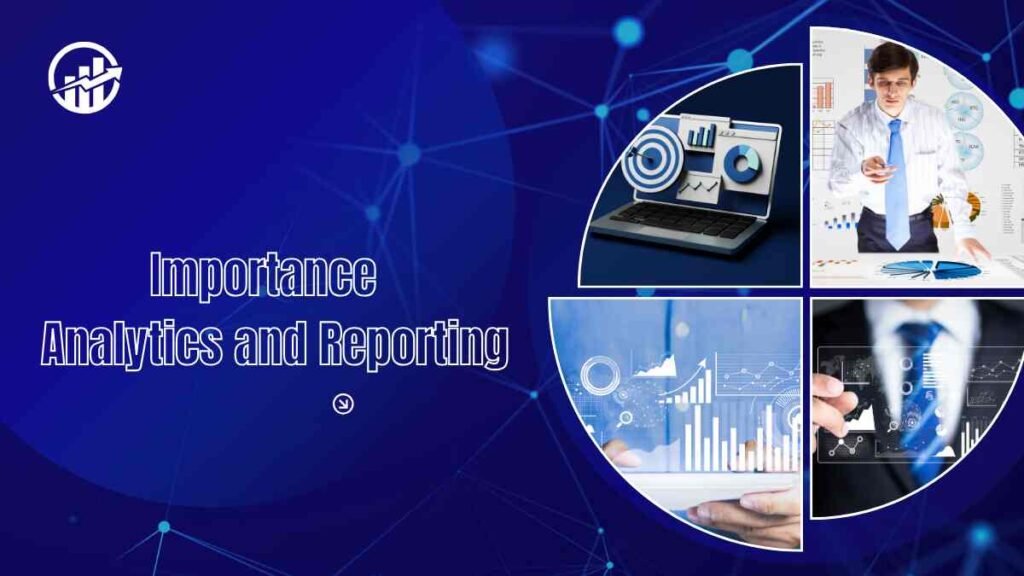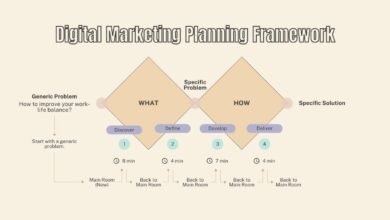Digital Marketing Specialist: How to Advance and Grow

Digital marketing specialist rely on online presence to thrive. Whether you’re running a small startup or a large corporation, digital marketing plays a critical role in reaching and engaging your audience. At the heart of this evolving field is thean expert in crafting and executing effective marketing strategies. If you’re aiming to dive into this role or want to understand what makes a essential, you’ve come to the right place. This article will cover everything you need to know about becoming a successful , including key skills, tools, and strategies.
What Does a Digital Marketing Specialist Do?
A responsible for managing and optimizing online marketing campaigns. Their job involves planning, executing, and measuring the effectiveness of digital marketing strategies across multiple channels. From search engine optimization (SEO) to social media management and analytics, they ensure that businesses grow their online visibility and customer engagement. Digital marketing specialists must wear many hats. They need to have a clear understanding of their audience, the latest tools, and techniques, and be adaptable to new trends.
Why is a Digital Marketing Specialist Essential?
The digital landscape is highly competitive. Every business is fighting for attention online, which makes a well-thought-out digital strategy crucial. This is where a comes in. They not only bring their expertise in various marketing tactics but also ensure that businesses can navigate the complexities of the digital world. Specialists are not just marketers; they are strategists, data analysts, and creative thinkers. They know how to use various digital platforms to connect with the right audience and convert them into loyal customers.
Skills Digital Marketing Specialist Should Have
To succeed as a , there are certain skills that are crucial for achieving measurable results.
Must Visit: Digitzo
Marketing Strategy Development
At the core of a digital marketing specialist’s job is the ability to develop a cohesive marketing strategy. This involves understanding the target audience, competitors, and overall business goals. A successful strategy not only brings in traffic but also ensures higher conversion rates.
SEO Expertise
As an SEO specialist, one of the most important aspects is improving a website’s ranking on search engines like Google. SEO (Search Engine Optimization) requires an understanding of keyword research, on-page and off-page optimization, and backlink strategies. An SEO specialist needs to keep up with algorithm changes to maintain visibility in search results.
Social Media Management
Social media campaigns are an integral part of any digital marketing strategy. A specialist needs to know how to effectively use platforms like Facebook, Instagram, LinkedIn, and Twitter. The goal is to create engaging content, grow a following, and drive traffic back to the company’s website.
Analytics and Reporting

Data-driven decision-making is a key component of modern marketing. Digital marketing specialists must be proficient in analytics tools like Google Analytics and social media insights. They need to track performance, generate reports, and adjust campaigns based on data.
Conversion Optimization
Conversion optimization focuses on turning website visitors into customers. A good digital marketing specialist knows how to optimize landing pages, use A/B testing, and improve user experience (UX) to increase conversion rates.
Content Creation and Marketing
Content is king in digital marketing. Whether it’s writing blog posts, creating infographics, or producing videos, content marketing helps attract, engage, and retain customers. A must be skilled in creating valuable content that aligns with the audience’s needs.
Email Showcasing
Regardless of the ascent of web-based entertainment, email showcasing stays one of the best advanced advertising instruments. Experts use email missions to support leads, advance items, and assemble associations with clients.
Tools Every Digital Marketing Specialist Needs
To be successful, a must be familiar with various tools that aid in different aspects of marketing. Here are some must-have tools:
Google Analytics
This tool is indispensable for tracking website traffic, understanding user behavior, and analyzing the effectiveness of marketing campaigns. Google Analytics helps marketers make informed decisions based on data.
SEMrush
SEMrush is a comprehensive SEO tool that allows marketers to conduct keyword research, analyze backlinks, and monitor competitors. It’s a must for anyone focusing on SEO and PPC (pay-per-click) strategies.
Hootsuite
For social media management, Hootsuite is a great tool. It allows marketers to schedule posts, manage multiple social media accounts, and track performance metrics in one place.
Mailchimp
Mailchimp is a popular email marketing platform used to create, send, and analyze email campaigns. Its user-friendly interface and automation features make it ideal for digital marketing specialists looking to manage large email lists.
Canva
Canva is a simple yet powerful tool for creating visual content. From social media graphics to infographics, Canva helps digital marketers design appealing visuals without needing advanced graphic design skills.
Conversion Optimization
Driving traffic to a website is only half the battle. The real challenge is converting that traffic into leads and customers. Conversion optimization focuses on improving the user journey, ensuring that visitors are not just browsing, but taking action.
- Clear and compelling calls to action (CTAs).
- Fast page load times and mobile-friendly designs.
- A/B testing different layouts and content.
- Simplified navigation and checkout processes.
Digital marketing specialists are skilled in these techniques, helping businesses turn traffic into tangible results.
Importance of Analytics and Reporting

In digital marketing, you can’t afford to ignore the numbers. Analytics and reporting are crucial for measuring the success of any campaign. Whether you’re tracking website traffic, social media engagement, or conversion rates, data helps you understand what’s working and what needs improvement. A good digital marketing specialist doesn’t just gather data; they use it to make actionable recommendations. This can mean tweaking SEO strategies, adjusting social media campaigns, or optimizing ad spend to achieve better results.
Conclusion
In a rapidly evolving digital landscape, the role of a is more important than ever. With a mix of creativity, strategy, and data-driven decision-making, specialists help businesses stay ahead of the competition and connect with their audience. Whether you’re considering a career in or you’re a business owner looking to grow your online presence, understanding the skills and tools used by a is essential.
FAQs
What capabilities are expected to turn into a computerized promoting trained professional?
While there are no strict educational requirements, a degree in marketing, business, or communications is often beneficial. However, experience with digital marketing tools and strategies is most important.
How long does it take to become a skilled digital marketing specialist?
Becoming proficient can take anywhere from 6 months to 2 years, depending on your learning path and experience.
What is the average salary of a digital marketing specialist?
Salaries vary by location and experience, but the average salary in the U.S.
What industries need digital marketing specialists the most?
Almost every industry benefits from digital marketing, but e-commerce, technology, and hospitality are some of the top sectors where specialists are in demand.
How do I stay updated on digital marketing trends?
Follow reputable blogs, attend webinars, and participate in digital marketing courses to stay informed about the latest industry changes.
Read More: Free Online Trading Platforms




